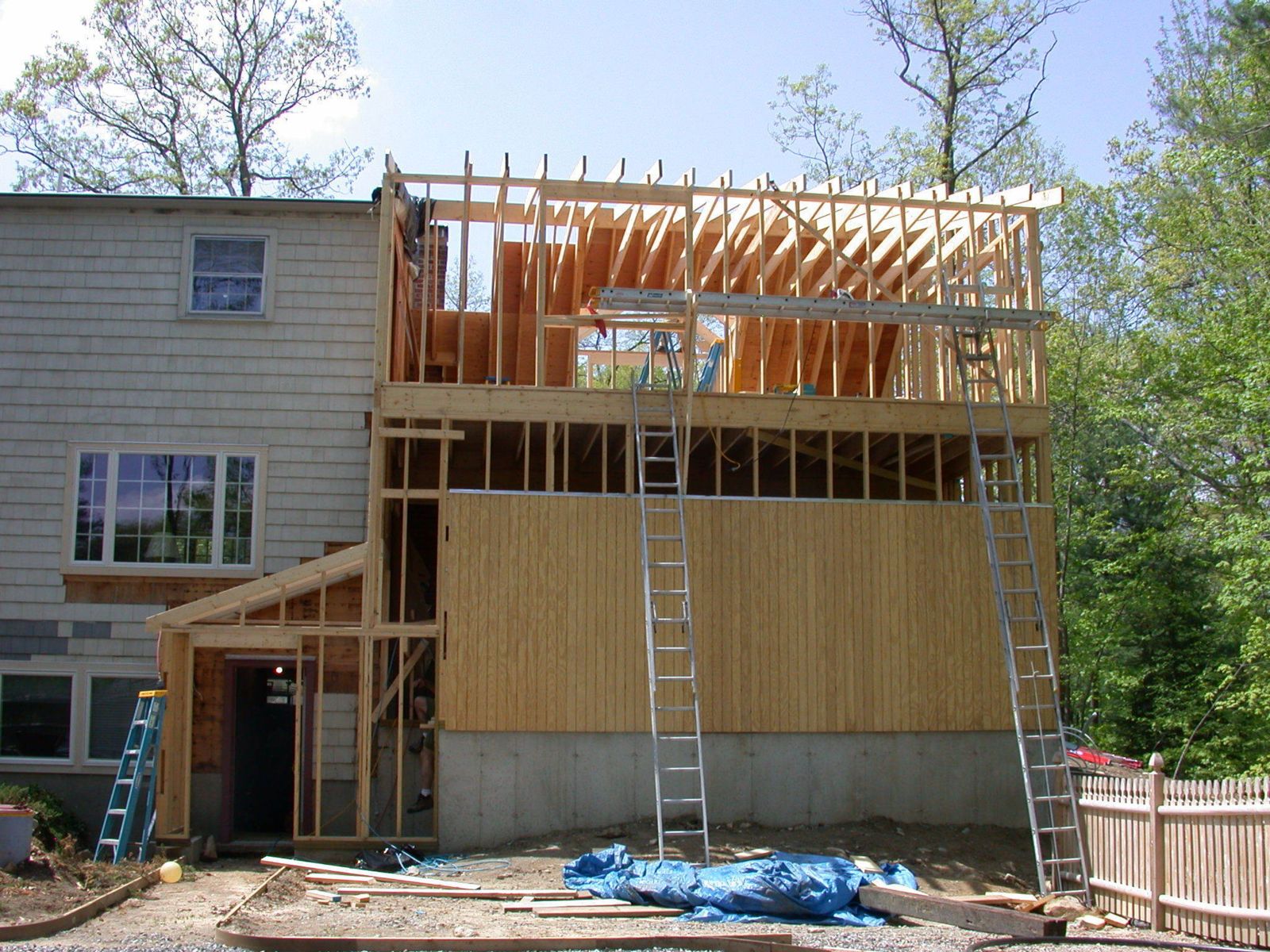Blog
The Truth About Variances
I often receive calls from homeowners seeking my assistance in obtaining a variance to allow for the construction of a proposed addition to their home; a new garage; or installation of a pool, fence, shed, or other structure. Sometimes the requests will involve the ability to use the property in a manner not specifically authorized by the town’s zoning regulations. In many of these cases, when the homeowner is advised by their contractor, engineer, or the town building or zoning department that the proposed structure, improvement, or use violates, in some manner, the town’s zoning regulations (ex: a proposed garage encroaches into a required side or rear yard setback, or a homeowner wants to keep horses on his property and the regulations don’t permit it in the zone), the common thought by the homeowner is, “I’ll just go get a variance.” However, in most cases, that is easier said than done.
A variance permits an owner to develop or use his property in a manner prohibited by the zoning regulations. For that reason, the power of a town (through its Zoning Board of Appeals) to grant a variance is to be exercised sparingly and only under exceptional circumstances.
Technically, a variance is only to be granted if the owner demonstrates a “hardship” that warrants the granting of relief from the strict or literal application of the regulations. The hardship must constitute something unique or peculiar about the property that prevents the property from complying with the regulations. This unique characteristic must then be coupled with a showing that the property cannot reasonably be used or developed for another permitted use under the zoning regulations or that the property has little or no economic value if the variance is denied.
The law does not authorize the granting of variances just because the owner has a personal desire to expand their dwelling, perhaps to create a more comfortable or modernized space, or for convenience, or even because it would improve the appearance of a building. The law explicitly provides that variances are not to be granted when a reasonable use of the property is already present or is plainly possible under the regulations, but the owner prefers otherwise. Furthermore, there is no “de minimis” exception to the hardship requirement. For example, a ZBA cannot grant a variance simply because it’s a very minor deviation from the regulations, such as a minimal encroachment into a required setback.
Variances are not “tools of convenience.” There is a very high threshold to pass in order to be entitled to a variance. In addition, any variance requires a public hearing to be held by the Zoning Board of Appeals. This can be a complicated process to navigate on one’s own. In most cases, it is advisable to consult with an attorney to assist with the specific procedural and legal aspects of applying for a variance.
